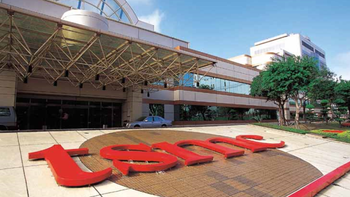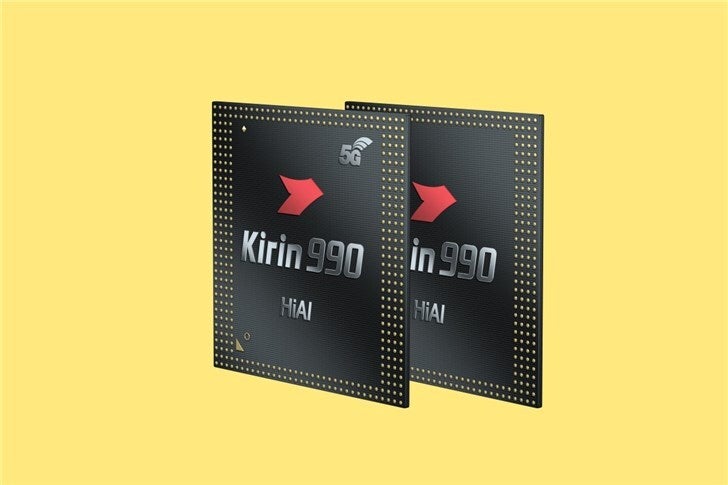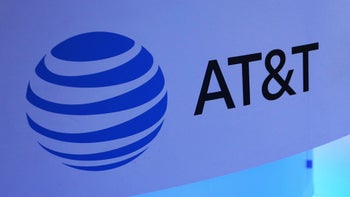TSMC has already replaced Huawei orders cancelled by U.S. ban

TSMC is the world's largest contract foundry and its roster of clients includes some big-name tech superstars including Apple and Huawei's HiSilicon chip unit. Last year the pair were TSMC's largest and second-largest customers respectively. Other well-known firms whose chips are manufactured by TSMC include Qualcomm and MediaTek. TSMC has plenty of things on its plate these days; the company is expected to start manufacturing Apple's A14 Bionic chipset using its 5nm process before the current month ends. The new integrated circuit will come with 15 billion transistors packed inside each chip compared to the 8.5 billion transistors found inside each A13 Bionic chip. The higher the number of transistors shoehorned inside an integrated circuit, the more powerful and energy-efficient it is.
TSMC says that it has enough demand to fill any order gaps created by a U.S. ban on shipments to Huawei
Huawei's HiSilicon unit will also have a 5nm chip delivered by TSMC this year, although the Kirin 1020 SoC has yet to be unveiled. Thanks to a new export rule put into place by the U.S. Commerce Department, any foundry that uses U.S. technology to manufacture chips must obtain a license. However, the U.S. is giving TSMC until the middle of September to ship advanced chips to Huawei. This could give the latter enough chips to build a decent number of its Mate 40 series handsets for later this year. And we shouldn't forget TSMC's plan to build a $12 billion fabrication facility in the states that is expected to turn out 5nm chips by 2023; by then, TSMC will probably be shipping 3nm chips with 300 million transistors per square mm. That compares to the 171.3 million transistors per square mm that are packed in the 5nm chips.

TSMC says that it is banned from shipping chips to Huawei, other companies will make up for the missing business from Huawei
According to Reuters, Kung Ming-hsin, who is the new head of Taiwan's economic planning agency, pointed out today that the U.S. isn't trying to mettle with Taiwan's relationship with China. Hung said, "The United States has not asked Taiwan to cut off all ties with China. It’s aimed at Huawei." Kung notes that "As for TSMC, although their orders no longer have Huawei, they’ve quickly been filled up, as other people really need them." As the largest independent foundry in the world and one of only two that are capable of producing cutting-edge 5nm chips (Samsung is the other), Kung isn't just promoting Taiwan when he says that. His comments about TSMC were seconded by the foundry's chairman who said earlier this month that even if the U.S. were to prevent his firm from shipping chips to Huawei, there would be enough demand from other companies to quickly fill up any gap.
Kung says that the U.S. has targeted Huawei due to its perceived ties to the communist Chinese government. However, former Google CEO Eric Schmidt (now chairman of the Pentagon's Defense Innovation Board) recently said that the U.S. has been trying to keep Huawei from succeeding in the smartphone and networking equipment market where globally it is number two and number one respectively. According to Schmidt, the U.S. believes that the Chinese are adept at stealing intellectual property and copying technology. If Schmidt is correct, the U.S. also is not happy about Huawei surpassing Apple last year to become the world's second-largest smartphone manufacturer. Despite being banned by the U.S. Commerce Department from its U.S. supply chain, including Google Mobile Services, Huawei grew its handset shipments by 17.1% last year. The former Google executive says that U.S. leaders are upset that a Chinese company has been turning out better products than U.S. firms. Schmidt says that punishing Huawei for its success is not the answer for American companies. Instead, he says that "The answer to Huawei...is to compete by having a product and product line that is as good."












Things that are NOT allowed: